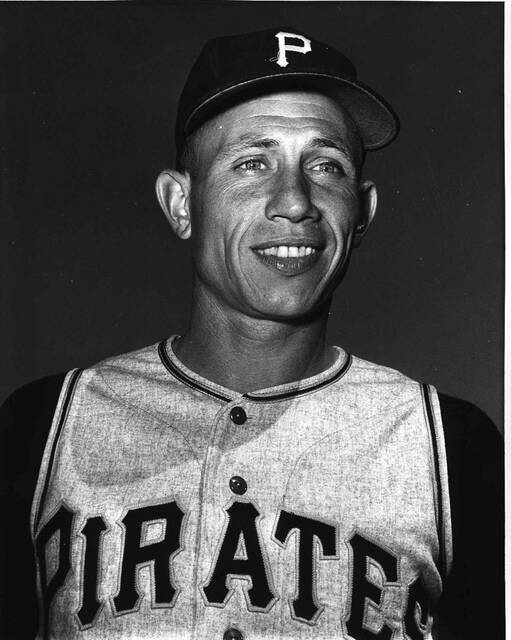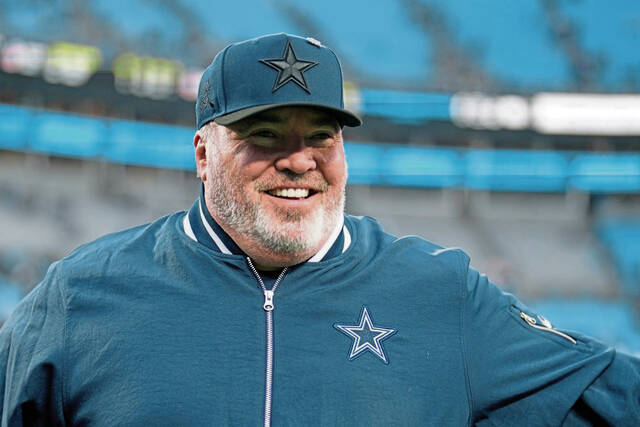Today marks 10 years since the last perfect game was pitched in Major League Baseball. A perfect game is when a pitcher allows no runners on base from the opposing team for any reason. Thus with nine innings and three outs per inning, a pitcher would face and retire exactly 27 hitters.
How rare are perfect games? Rare as hen’s teeth. Since 1880 there have only been 23 perfect games in Major League Baseball history. Of those perfect games thrown, none went beyond nine innings.
The last perfect game was pitched on Aug. 15, 2012, when Felix Hernandez of the Seattle Mariners tossed one against the Tampa Bay Rays.
It’s probably unlikely that many of us will ever see another perfect game. Baseball has changed. Managers are obsessed with pitch counts. Starting pitchers are expected at most to pitch six innings with a middle reliever to take over and then a closer for the last inning. Even if a pitcher was tossing a perfect game today, it’s likely the manager would pull him because he exceeded his pitch quota for that day. That’s sad, because a perfect game is one of those unique accomplishments that makes baseball so special.
In the case of the Pittsburgh Pirates, in their 135-year history, they have never had a pitcher throw a perfect game, nor have they had one tossed against them. While that is the official statistic in the record book, there is a good argument that a large asterisk be added next to it. That’s because Pirates left-hander Harvey Haddix did toss a perfect game for nine innings. In fact, he pitched a perfect 12 innings on May 26, 1959, in Milwaukee County Stadium against the Milwaukee Braves (now the Atlanta Braves). He did this against a Braves team loaded with All Stars, including Hank Aaron, who had won the National League pennant in the prior two years.
In this game that many baseball scholars call the greatest pitching performance in major league history, Haddix didn’t allow a runner to reach base for 12 innings. He retired 36 straight batters, which remains a major league record that is unlikely to be ever broken. In the 13th inning, Haddix not only lost the perfect game but the contest altogether when the Braves’ Feliz Manilla reached base on a throwing error and then Joe Adcock followed with a double to score him.
What is even more amazing about this performance is that the Braves were stealing the pitching signs from Pirates catcher Smokey Burgess and then passing them on to the Braves batters. All of the Braves batters took advantage of knowing the upcoming pitch with the exception of one, Hank Aaron. Aaron, even at the young age of 25, was a class act and true professional and refused to accept any unfair advantage,
One can imagine the adrenaline running through Haddix’s veins as he went to the mound knowing after the ninth inning that if his team could score and he could just get three outs, he would have not only have pitched a perfect game but also hold the record for the longest one in history. At the same time, the Pirates players were feeling the pressure. They realized the significance and knew that if they could just get one run, they could seal the game for Haddix and possibly his ticket to fame and the record books.
Haddix’s life may have been different if he had pitched and won a 13-inning perfect game.
Rather than be an asterisk in the record books, he would have been recognized for one of the most outstanding achievements in baseball history.
That accomplishment, along with being the winning pitcher in the seventh game of the 1960 World Series and his 14 years in the major leagues, may have propelled him into the Baseball Hall of Fame.
Haddix never was inducted in Cooperstown, nor do many remember or know of the greatest pitching performance in major league history.
Greg Fulton is a New Castle native living in Denver.








